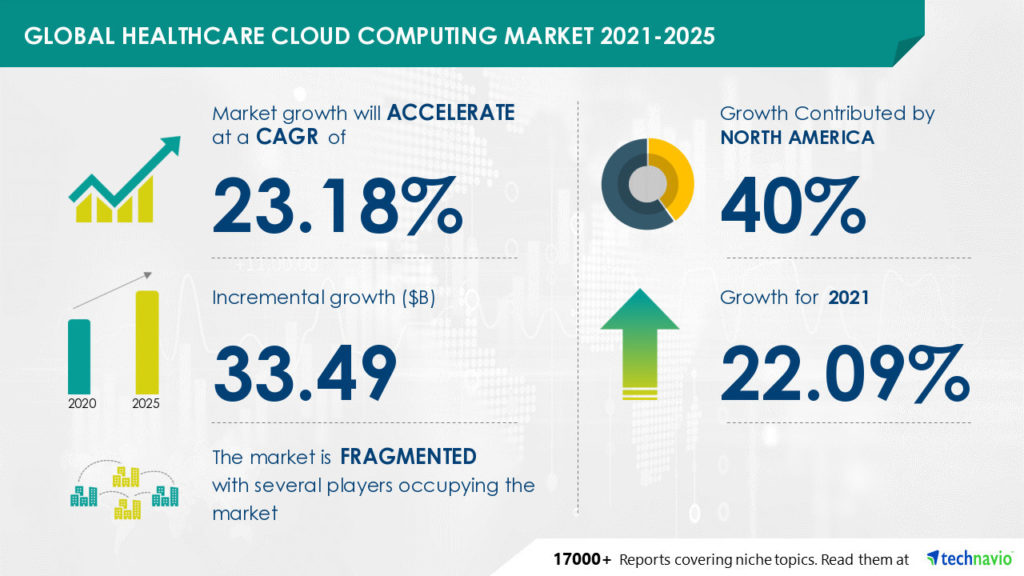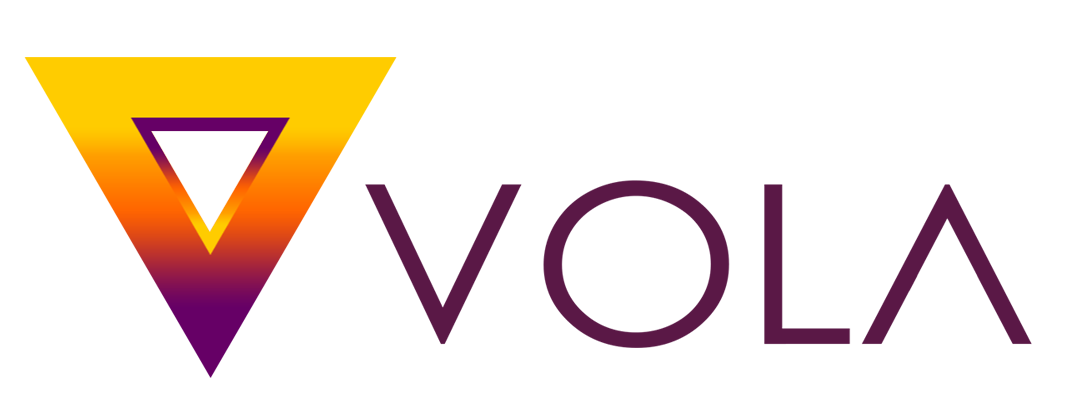The healthcare sector has traditionally been laggard adoption of technology, but it is already introducing diverse new solutions In the near future, SaaS solutions will be an indispensable part of healthcare. By incorporating HIPAA-compliant applications, healthcare providers can expand their revenue, reduce inefficiencies, and stay ahead of the competition. The healthcare SaaS industry is expected to reach $60 billion by 2025.

In addition to reducing costs, healthcare SaaS offers greater transparency between patients and providers. Its ability to deliver e-records is key to better patient care. The increased confidence in EHRs will make healthcare providers more accessible and better at their job. In addition to improving efficiency, this model can also lower the cost of a healthcare organization. In turn, this is an advantageous factor for any organization. For example, SaaS platforms such as VOLA’s Connected Health Ecosystem can help organizations achieve better outcomes and reduce costs.
By 2022 and beyond, you can expect to see some of the following top healthcare SaaS trends implemented in medical practices and organizations.
Movement to the PaaS Landscape
We expect to see a migration from the traditional healthcare SaaS model, to the PaaS model. PaaS, Platform-as-a-Service, allows healthcare organizations and practices to create custom applications, held within a software ecosystem. The delivery model of PaaS is similar to SaaS, except instead of delivering the software over the internet, PaaS provides a platform for software creation. This platform is delivered via the web, giving developers the freedom to concentrate on building the software without having to worry about operating systems, software updates, storage, or infrastructure. PaaS software and interoperability systems will help companies focus on patient engagement, retention, as well as expand organizational reach and acquisitions. Learn more about PaaS here.
Multiple Clouds
Cloud based technologies have continued to grow, with an estimated 94% of businesses using some cloud services. With multiple cloud services and providers, healthcare organizations can greatly increase their ability to store, process, analyze, and secure the tremendous amounts of data generated from healthcare. Gartner also expects that by 2022, 90% of enterprises who purchase public cloud IaaS will do so from an integrated IaaS and platform-as-a-service (PaaS).
Vertical SaaS
In contrast to horizontal SaaS, which is SaaS targeted to a wide audience (think Salesforce). Vertical SaaS is software targeted to a particular industry such as insurance or dentists. The vertical SaaS provider doesn’t aim to be all things to all people or cover a broad product category. Instead, vertical software focuses much more narrowly on specific industry verticals. Since vertical software is purpose-built for clear industry niches, it narrows the size of the potential market but allows for specialization and customization of software development.
Increased need for API’s
For many healthcare organization there will not be a clean switch away from legacy software and digital operating systems. This means system updates and additions interoperability will require integrations with current systems. API’s (Application Programming Interface) help to streamline these integrations. API-first products are more extensible, more comfortable to incorporate into, and foster a greater community around potential use cases. So, APIs can no longer be a thing for the future, they need to be actively pursued in your digital strategy. Reach out to VOLA today to see how we can enhance your integration capabilities.
Micro-SaaS
Micro-SaaS, as it can be understood from the word itself refers to a small SaaS, focused on particular needs. Typically, Micro – SaaS businesses target a niche markets, run by one person or a very small team, with small costs, a narrow focus, a small but dedicated user base, and no outside funding.
Data Security Amplification
Norton estimates there are more than 2,200 cyberattacks per day, this equates to about one cyberattack every 39 seconds. The healthcare industry is not immune to this, as the data housed within healthcare organization can be particular valuable to hackers. Obviously, data security is a major concern for providers across the globe. With patient health records being digitized and placed on the cloud, there are concerns about cloud-based data breaches. It is critical to ensure a security model is in place that can track the traffic and data to and from the cloud.
Driving Healthcare Technology Forward
There’s no denying, Software-as-a-Service (SaaS) has brought tremendous improvements to the healthcare industry and will continue to improve in the coming years. Its modular architecture allows organizations to meet their needs while preserving patient privacy. In addition, Healthcare SaaS helps organizations save money and deliver better results. While there are a variety of benefits, it is best to opt for SaaS to enhance the quality of care. The SaaS model can also help health-related business.
Software solutions for a healthcare system are crucial components for successful management a clinic, lab, or pharmacy. Interoperability ensures secure transitions of care, which leads to better patient outcomes. As a healthcare provider if you want your practice to become more efficient and save money, a software platform tailored to your needs is the right solution. You can evaluate software solutions by conducting consultations with software vendors who offer a full range of innovative software solutions for healthcare systems, such as VOLA Connected Health. VOLA will provide you with information on how a software system will work in your practice and what you need to consider. A good vendor will be able to give you an in-depth consultation to answer these questions. When you take this step, you can be confident that your practice will be well-organized, save money, and become more user-friendly.
VOLA’s Healthcare application developers have created numerous applications that will be beneficial to the healthcare industry. These innovative developments have created products and solutions that will provide hospitals and doctors with real-time data on patient conditions. With these tools, healthcare professionals will be able to deliver the best care possible to patients. The healthcare connected technologies are designed to improve the healthcare experience for both patients and medical professionals. The next generation of medical devices and solutions will be designed with the latest in technology and security standards.
Interested in a demo to see our platform can be optimized for your organization? Schedule a demo with the VOLA team today! Contact Us.
About VOLA
Our mission is to support the rapidly growing digital transformation of the healthcare industry. We do this by equipping medical offices and telehealth providers with customizable and affordable technology. One of our key differentiators is our ability to connect laboratory tests into the workflow of telehealth services. Additionally, we have a dedicated SaaS product line to support laboratories and laboratory marketing organizations.

